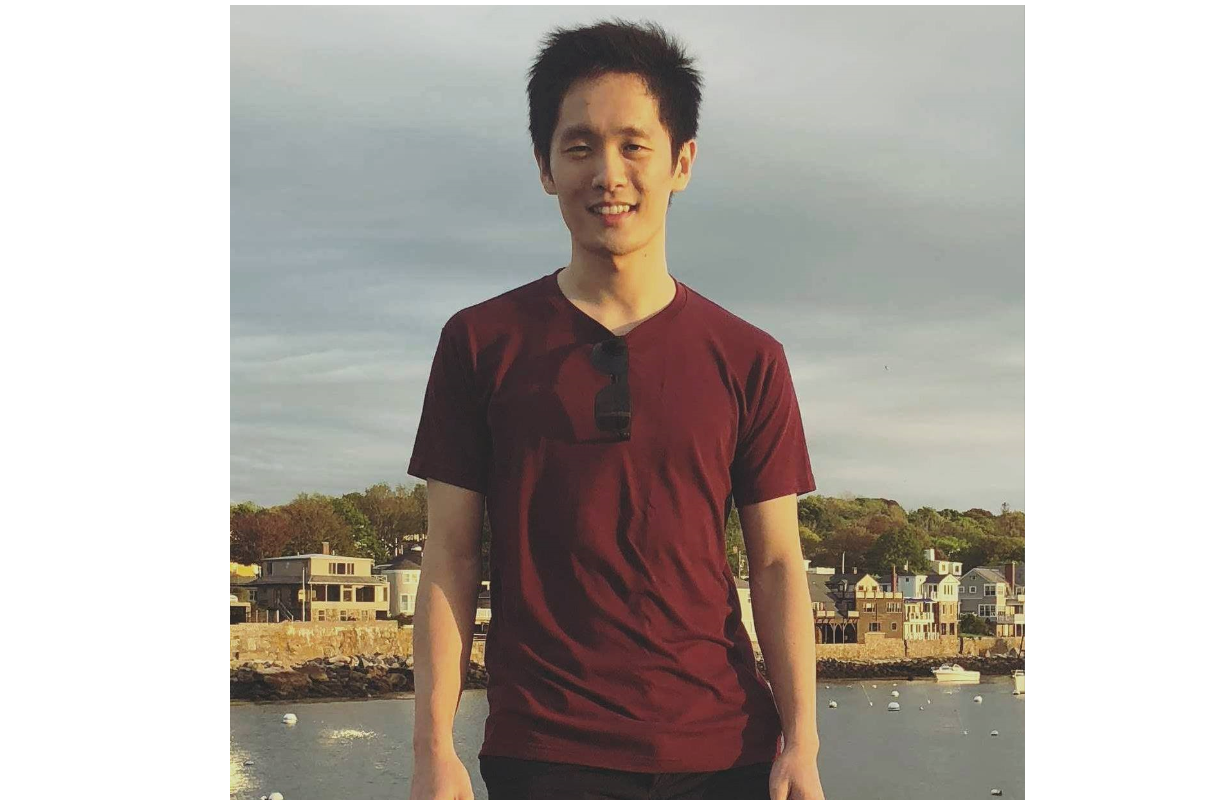Abstract
Many optically-switched reconfigurable network topologies have been proposed in the past in the context of data center and high performance computing networks. This allows the network topology to be optimized dynamically to adapt to changing traffic demands, thereby achieving higher throughput and lower latency. However, efficient routing on top of these flexible interconnects remains a relatively understudied problem. In this talk, we reevaluate key principles that have guided the designs of many routing protocols on static networks, and see how well those principles apply on reconfigurable network topologies. Based on a theoretical analysis of key properties that routing in a reconfigurable network should satisfy to maximize performance, we propose a topology-aware, globally-direct oblivious (TAGO) routing protocol for reconfigurable topologies. Our proposed routing protocol is simple in design and yet, when deployed in conjunction with a reconfigurable network topology, improves throughput by up to 2.2X compared to established routing protocols and even comes within 10% of the throughput of impractical adaptive routing that has instant global congestion information.
Biography
Min Yee is a Wei Family Foundation fellow currently pursuing his Ph.D. in the Lightwave Research Laboratory of Columbia University, supervised by Professor Keren Bergman. Over the summers of 2018 and 2020, Min Yee joined the Network Infrastructure (NetInfra) group at Google as a research intern, where his research focuses on data center traffic prediction and robust topology engineering methods in the presence of traffic uncertainties. His current research interests lie in traffic-aware network topology designs, and robust techniques for topology and routing optimizations in HPC and data center networks. More details can be found on his website at minyeeteh.com/min-yee-jason-tehs-academic-homepage/ .
How to attend the talk
The invited talk will take place at 16.30 Vienna time on Tuesday November 24 at bbb.cs.univie.ac.at/b/foe-d7g-26l-jcz . Please send a brief email to klaus-tycho.foerster@univie.ac.at to obtain the password to join the session.

